Understanding Paper Coffee Cups
Paper coffee cups are an essential component of modern coffee culture, widely used in cafes, restaurants, and for on-the-go consumers. These cups serve as a convenient option for enjoying drinks, but their impact on the environment and the materials used in their production are areas of considerable discussion. In this article, we explore the intricacies of paper coffee cups, examining their design, types, benefits, and the best practices for disposal and recycling.
What Are Paper Coffee Cups?
Paper coffee cups are typically made from a combination of paper, polyethylene, and sometimes other additives to enhance their insulation and waterproofing. These cups are designed to hold hot beverages, such as coffee and tea, while minimizing heat transfer to the outer layer, ensuring comfortable handling. Commonly found in sizes ranging from 8 to 20 ounces, these cups cater to various consumer needs, from a quick espresso shot to a large latte.
Materials Used in Paper Coffee Cups
The materials used in paper coffee cups typically include:
- Paperboard: The primary material, which provides structural integrity.
- Polyethylene: A plastic liner used to make the cup waterproof, preventing leaks.
- Inks and coatings: Used for branding and insulation, often selected for safety and environmental considerations.
These materials can vary in composition based on the intended use of the cup and any environmental considerations that manufacturers may adopt.
Environmental Impact of Paper Coffee Cups
Despite being seen as a more eco-friendly option compared to plastic, the environmental impact of paper coffee cups is significant. The production process involves cutting down trees, consuming water, and generating greenhouse gas emissions. Furthermore, most paper coffee cups cannot be recycled easily due to their polyethylene lining, leading to considerable waste in landfills. The push for more sustainable alternatives is growing, highlighting the importance of developing compostable and biodegradable options.
Types of Paper Coffee Cups
Understanding the different types of paper coffee cups is crucial for making an informed choice. Each type offers varying levels of insulation, branding opportunities, and environmental friendliness. Here are the primary types available:
Single Wall Paper Coffee Cups
Single wall paper coffee cups are the most basic form and consist of a single layer of paperboard. They are lightweight, convenient, and suitable for serving hot beverages. However, they require sleeves or double-cup arrangements for hot drinks, as they generally lack insulation. They are often used for quick service in cafes or events where cost-efficiency is a priority.
Double Wall Paper Coffee Cups
Double wall paper coffee cups feature an additional layer of paper for enhanced insulation, making them ideal for serving hot beverages without a sleeve. This design prevents burns and allows customers to hold their drinks comfortably. Although they are more expensive than single-wall cups, the additional cost can be justified by their convenience and better customer experience.
Compostable and Recyclable Paper Coffee Cups
Recent innovations in manufacturing have led to the introduction of compostable and recyclable paper coffee cups. These cups are designed to break down more easily in composting environments and are often made from sustainably sourced materials. While they offer a more eco-friendly option, proper disposal methods must be followed to ensure their environmental benefits are realized.
Benefits of Using Paper Coffee Cups
Using paper coffee cups offers a range of advantages that cater to both businesses and consumers. Understanding these benefits can help in making informed decisions about beverage packaging:
Convenience and Portability
One of the primary benefits of paper coffee cups is their convenience. They are lightweight, stackable, and easy to transport, making them ideal for on-the-go consumers. This portability allows cafes and restaurants to serve busy customers efficiently, enhancing the overall service experience.
Custom Branding Opportunities
Paper coffee cups provide excellent opportunities for custom branding. Businesses can print logos, slogans, and other marketing materials on the cups, turning them into a canvas for promoting their brand. This not only enhances customer awareness but also creates a cohesive brand identity, especially in a competitive market.
Health and Safety Considerations
Health and safety are paramount in the food service industry. Paper coffee cups are a safe choice as they are generally considered sanitary for single-use applications. Additionally, initiatives toward eco-friendly materials contribute to consumer trust and loyalty, particularly among environmentally conscious customers.
Choosing the Right Paper Coffee Cups for Your Needs
Selecting the right paper coffee cups depends on several factors, including capacity, design, and budget. Here are key considerations to guide your decision:
Capacity and Size Options
When choosing paper coffee cups, consider the variety of sizes that your establishment offers. From small 8-ounce cups suitable for espresso to larger sizes for specialty drinks, matching cup size with beverage type plays a crucial role in customer satisfaction. Understand your customer base and their preferences to stock appropriate sizes.
Design and Aesthetic Appeal
The design of paper coffee cups can greatly influence customer perception. Aesthetically pleasing, well-designed cups can enhance the overall presentation of your beverages. Choose designs that align with your brand image while appealing to your target demographic. Additionally, consider the practicality of the design, ensuring that it is both functional and visually attractive.
Price and Bulk Purchasing
Pricing plays a crucial role in the choice of paper coffee cups for businesses. Assess multiple suppliers to find a balance between quality and cost. Bulk purchasing can lead to discounts, making it a smart financial move for cafes and restaurants seeking to minimize operational expenses while maintaining quality.
Best Practices for Disposal and Recycling
Understanding best practices for disposing of and recycling paper coffee cups is essential for minimizing their environmental impact. Here are effective strategies to consider:
Composting Paper Coffee Cups
To make the most of compostable paper coffee cups, ensure they are disposed of in a composting facility that can process them effectively. Educating consumers about the right disposal methods is essential, as many still mistakenly throw composable cups in general waste. Establish clear guidelines to promote responsible disposal within your customer base.
Recycling Guidelines
Recycling paper coffee cups can be tricky, as many facilities do not accept cups with plastic linings. However, some regions have started developing specialized recycling programs that handle these materials. Encourage participation in recycling programs, and provide information to your customers on how to recycle cups properly.
Innovative Disposal Solutions
As sustainability becomes increasingly important, innovative disposal solutions for paper coffee cups are emerging. Some businesses are adopting closed-loop systems that ensure cups are returned to the point of origin for recycling or composting. Explore partnerships with waste management companies to develop effective ways to manage waste responsibly.
In conclusion, the evolution of paper coffee cups highlights the importance of quality, sustainability, and consumer awareness in contemporary beverage service. Understanding the materials, types, benefits, and environmental impact associated with paper coffee cups enables businesses and consumers to make educated choices that align with their preferences and ecological responsibility.



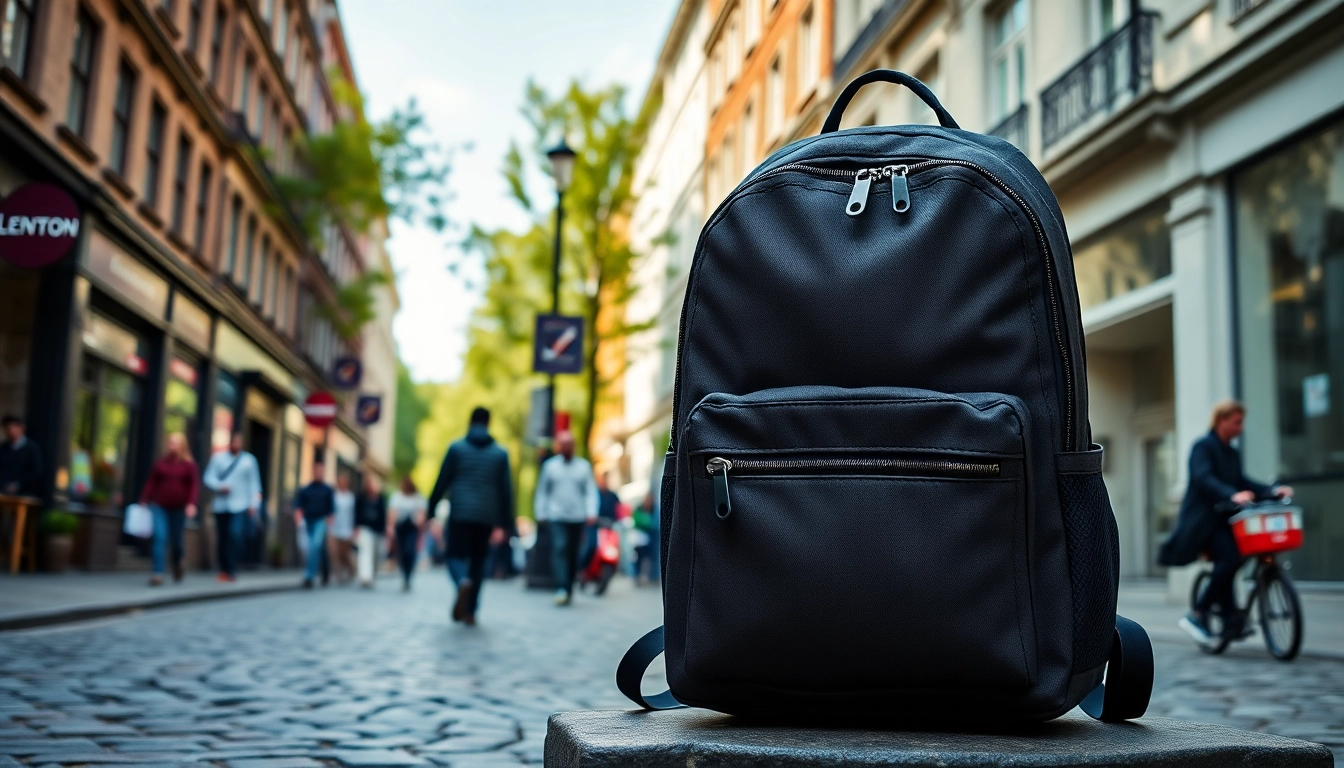


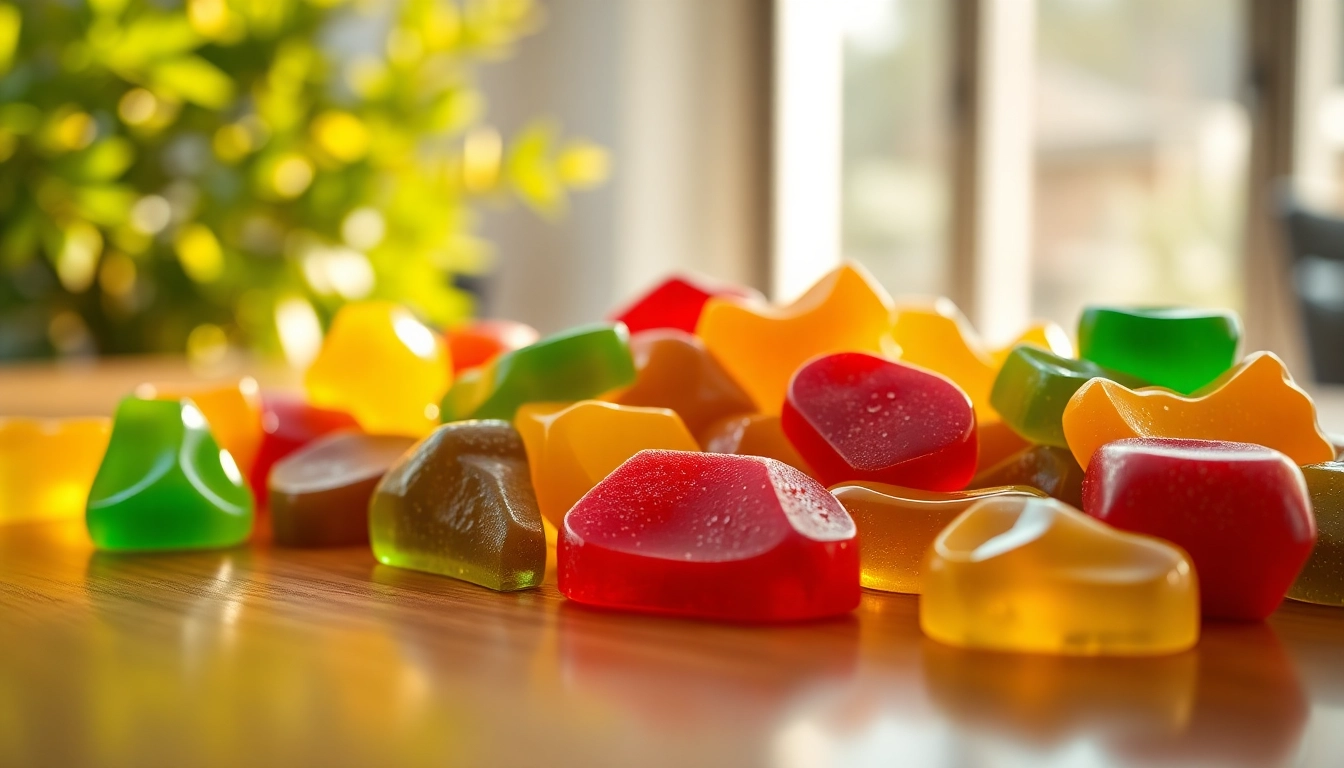
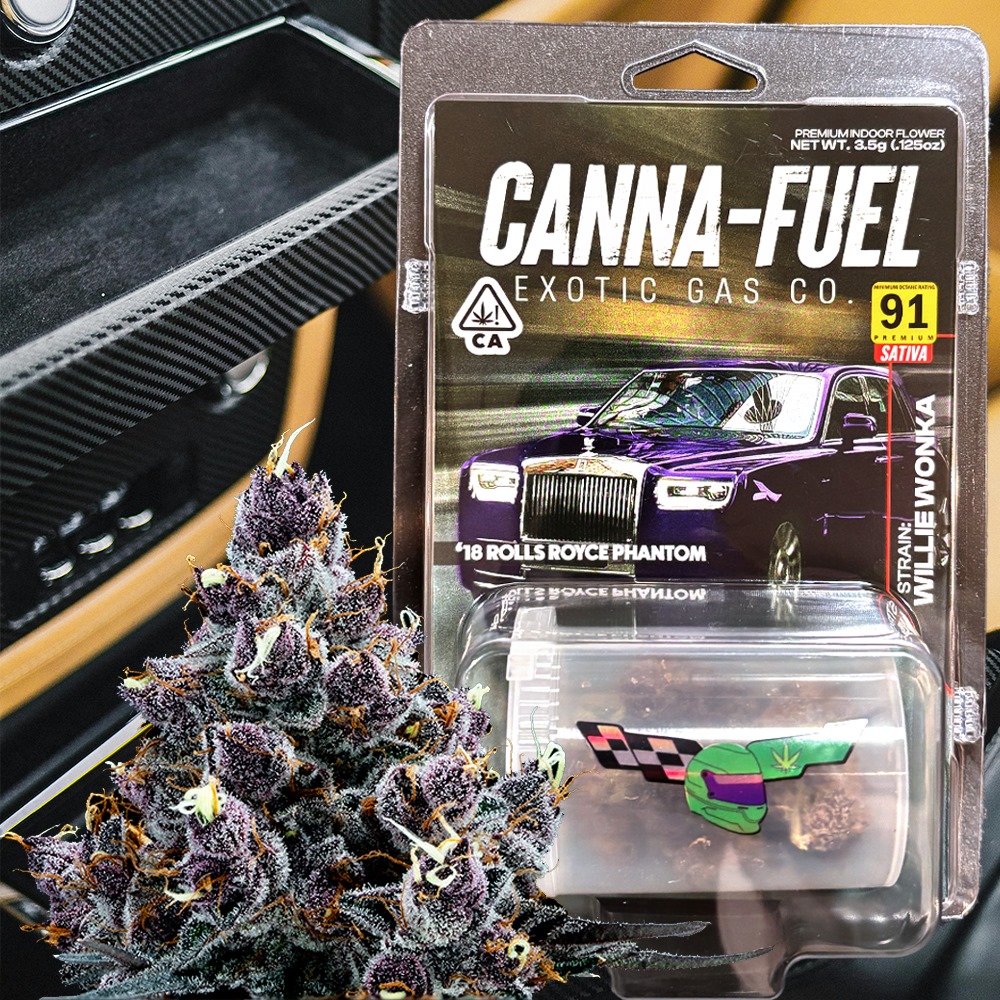


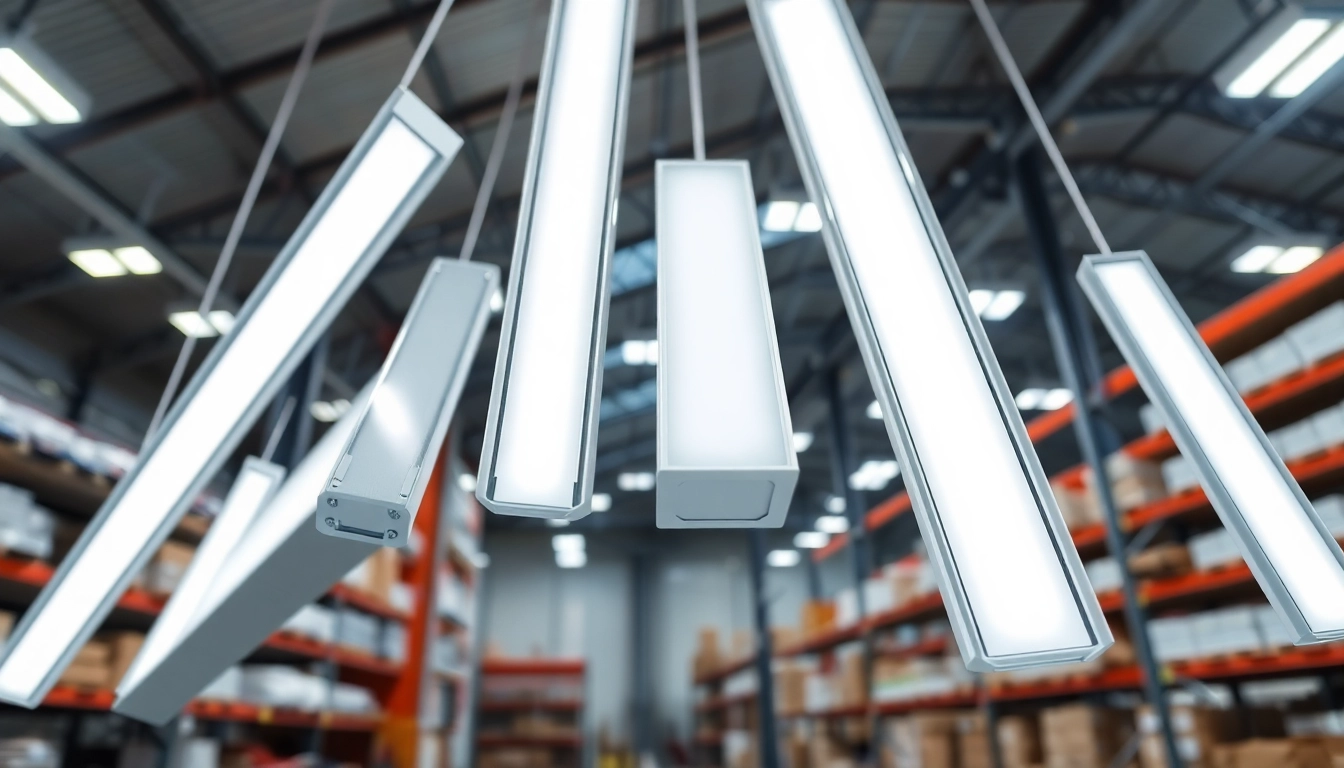

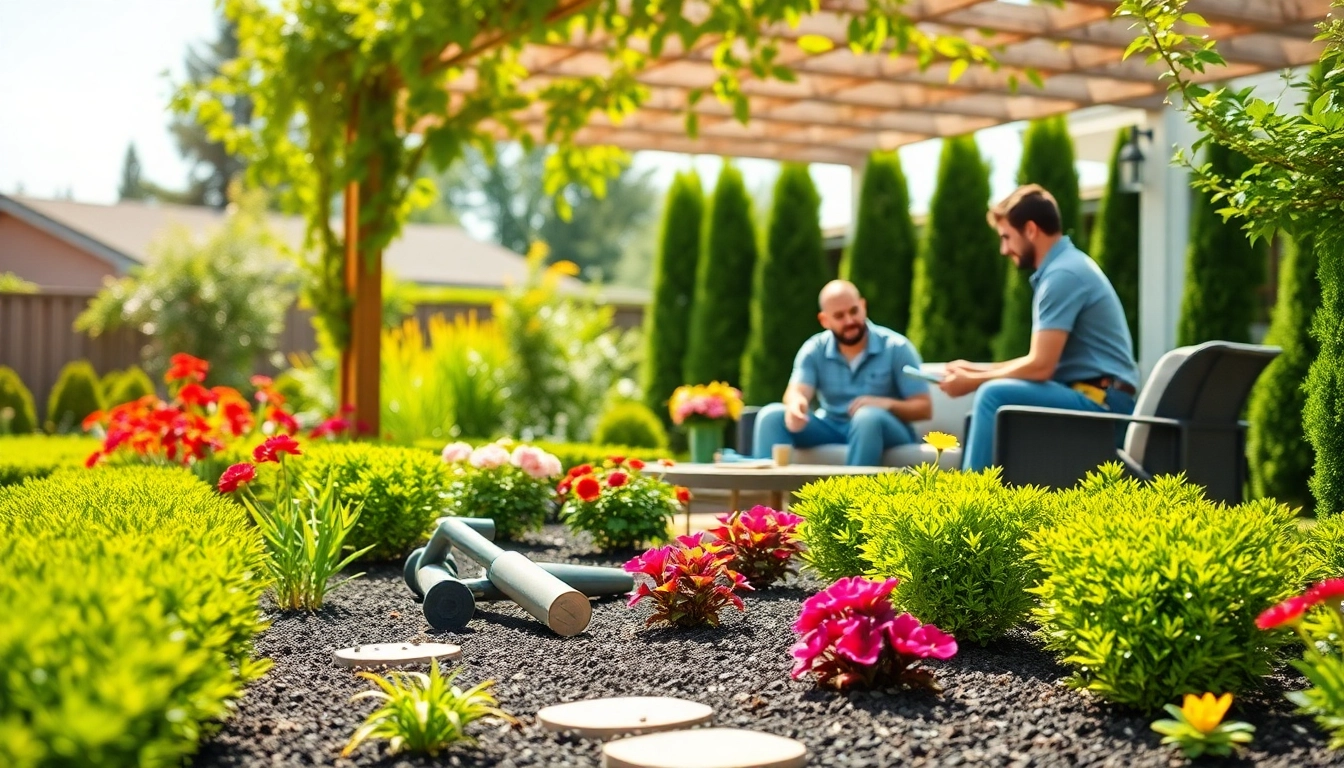
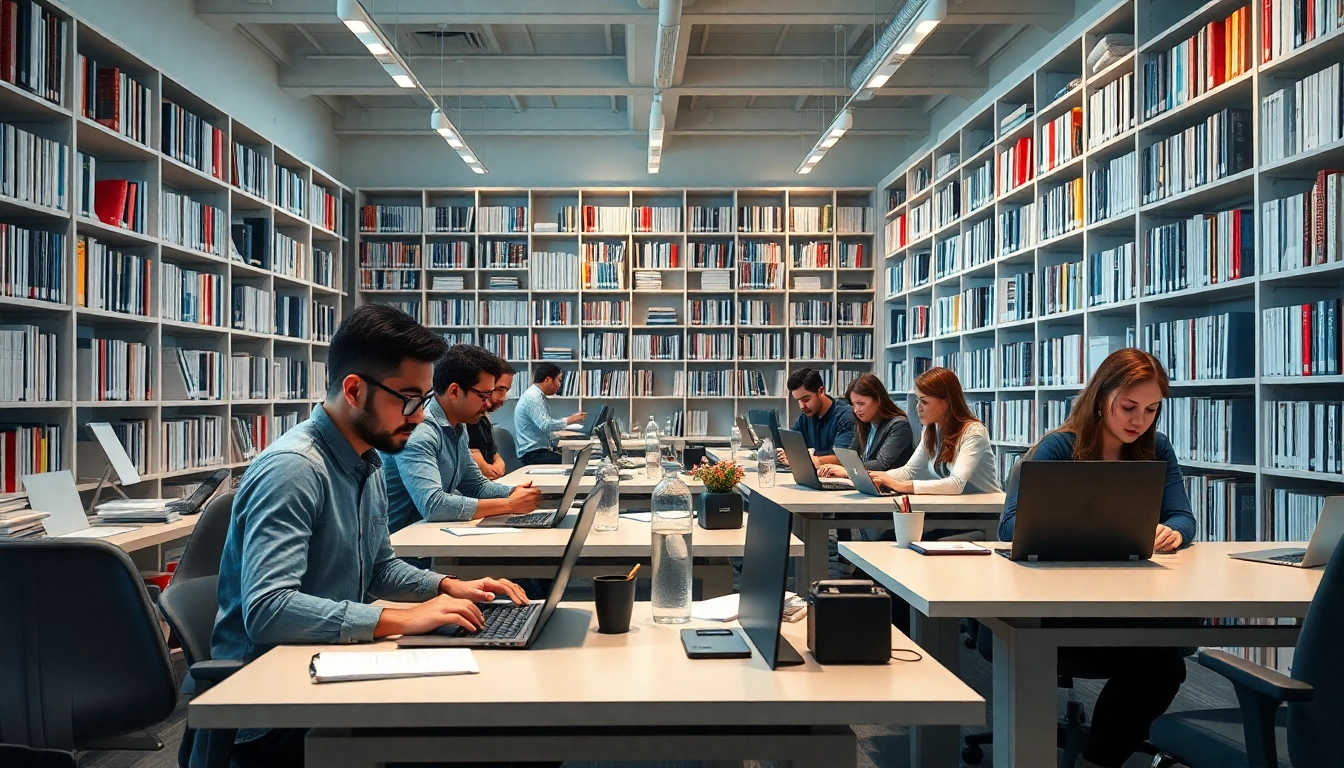
Leave a Reply